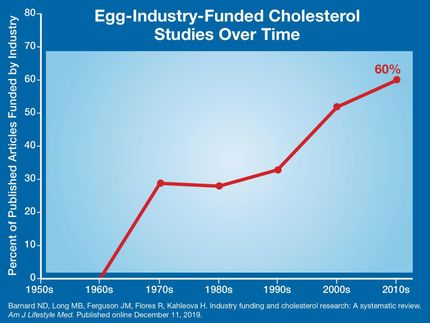Study: Red And White Meat Can Increase Your Cholesterol
Advertisement
A new research shows that consuming white meat such as poultry has as much a negative effect on blood cholesterol levels as red meat, and can lead to heart disease. According to the study published in the American Journal of Clinical Nutrition, consuming high levels of red meat or white meat resulted in higher blood cholesterol levels than consuming an equal amount of plant protein.

Photo by Lukas Budimaier on Unsplash
The study was led by scientists at Children's Hospital Oakland Research Institute or CHORI, the research arm of UCSF Benioff Children's Hospital Oakland.
"When we planned this study, we expected red meat to have a more adverse effect on blood cholesterol levels than white meat, but we were surprised that this was not the case - their effects on cholesterol are identical when saturated fat levels are equivalent," said the study senior author Ronald Krauss, senior scientist and director of Atherosclerosis Research at CHORI.
It was found that consuming high amounts of saturated fats increase the concentration of LDL, or "bad cholesterol" in the bloodstream, thus increasing the risk of a heart attack or stroke.
Saturated fats mostly come from animal sources such as beef fat, poultry skin, and butter. Thus, red and white meat increased the amount of large LDL compared to non-meat diets.
In the study, more than 100 healthy adults were randomly assigned three test diets for one month: red meat diet, white meat diet and then a no-meat diet.
The diet was changed for participants after each month, so that all ended up trying all three diets. Blood samples were collected from all the participants at the start and finish of each test diet.
The study results showed that plant proteins had the healthiest impact on blood cholesterol. The effects of white and red meats on participants' cholesterol levels were identical when saturated fat levels were equivalent.
The results indicated that restricting meat altogether, whether red or white, is more advisable for lowering blood cholesterol levels than previously thought. (dpa)


































































